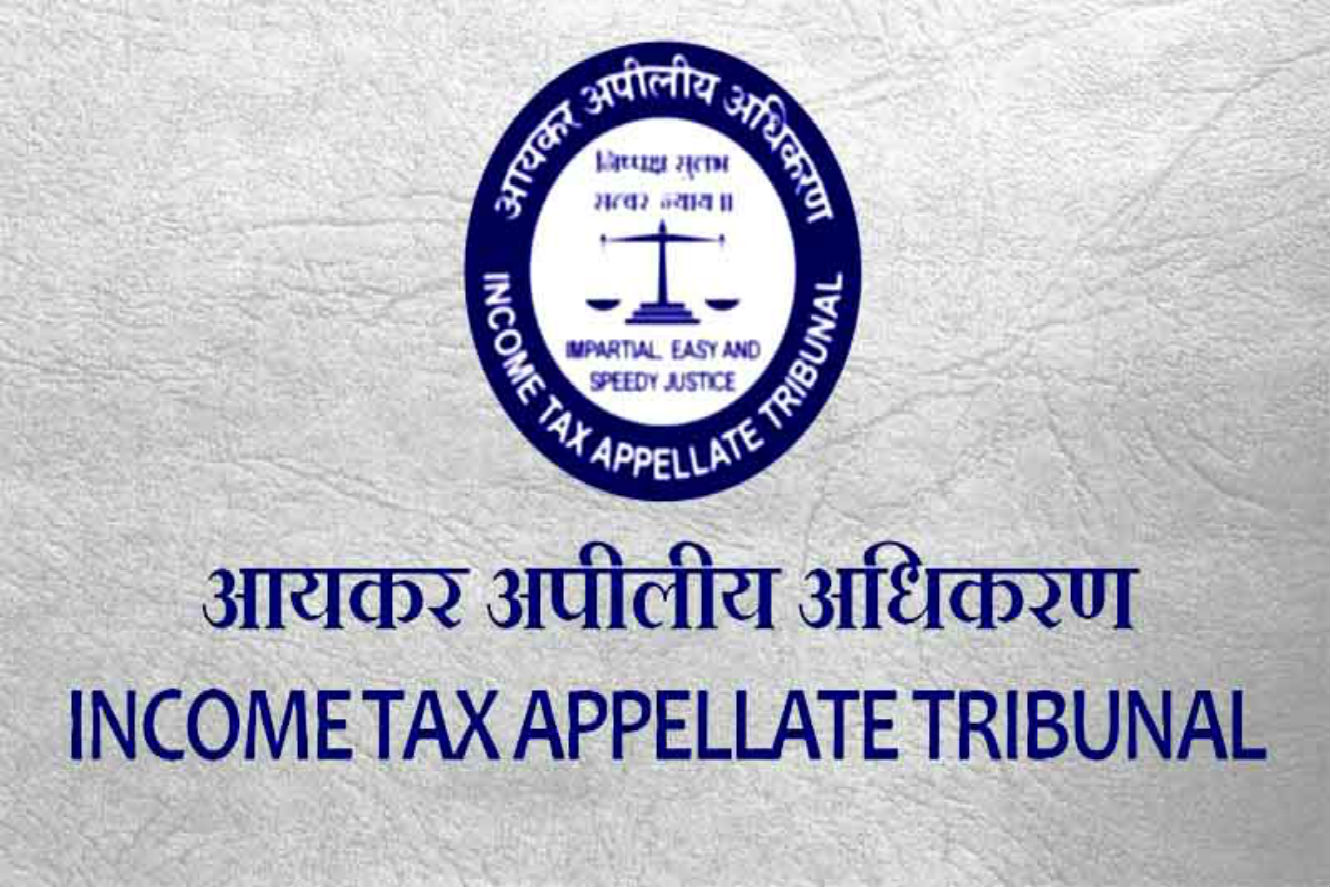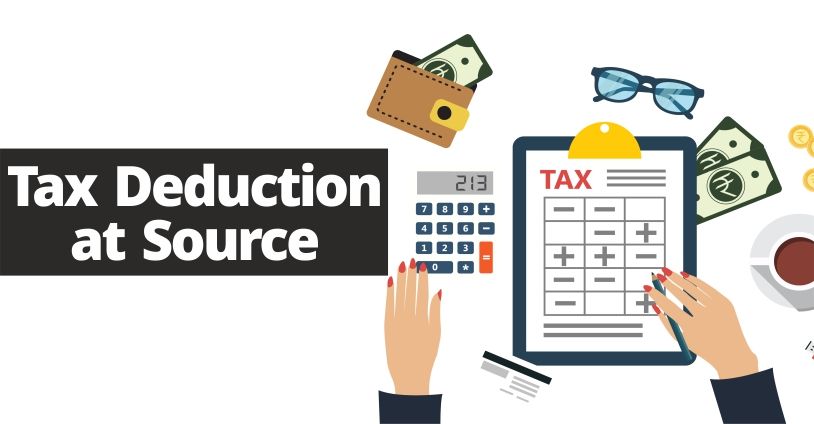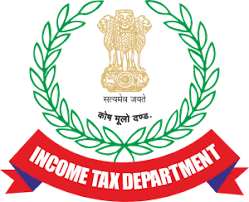The Delhi Bench of the Income Tax Appellate Tribunal (ITAT) headed by G.S. Pannu (President) and C.N. Prasad (Judicial Member) has ruled that in case the depreciation exceeds the business income, then the Assessing Officer should allow the depreciation to be carried forward for set off in succeeding assessment years.
The respondent/assessee for the AY 2016-17 e-filed the return of income, declaring nil income after adjusting for brought forward losses of Rs.7,37,804. In the course of assessment, the Assessing Officer noticed that the assessee had reported net income of Rs. 7,37,004 and it was set off against unabsorbed depreciation of the AY 2015-16.
The Assessing Officer noticed that the assessee has not claimed depreciation in respect of the project M/s Him Fresh Produce Company, though depreciation was claimed in the AY 2015-16 on the project. The Assessing Officer proposed to reduce the carry forward of written down value (WDV) of the assets of M/s Him Fresh Produce Company since there was no reply from the assessee. Accordingly, the AO reduced the WDV of assets of M/s Him Fresh Produce Company as on March 31, 2016. However, since no depreciation was claimed by the assessee in the original return of income, the benefit of the revised WDV was not given to the assessee. The depreciation on the project by Him Fresh Produce Company was not allowed for the assessment year i.e. 2016-17.
The assessee appeal before CIT(A). The CIT(A) directed the AO to compute the depreciation and allow the depreciation to be carried forward. The department has appealed before the tribunal against the order of the CIT(A).
The assessee contended that if depreciation is not allowed, the WDV of the assets should be carried forward. There is no justification for reducing the WDV of the assets and for not allowing depreciation to the assessee.
The assessee filed an appeal with the CIT (A). The CIT (A) allowed the claim for depreciation and carry forward of WDV of assets in view of Explanation 5 of section 32(1), which was inserted w.e.f. April 01, 2002 and applicable from the AY 2002-03. The allowance for depreciation was made mandatory even if the assessee did not claim depreciation in the return of income.
The Tribunal upheld the order of the CIT (A) and directed the AO to compute the depreciation and allow it to be carried forward.
Case Title: ACIT Versus Nimit Kumar Aneja
Source: livelaw.in
***
Don’t miss the next Tax Update / Article / Judicial pronouncement
Subscribe to our newsletter for FREE to stay updated on GST Law
Resolve your GST queries from national level experts on GST free of cost.
TW Editorial Team comprises of team of experienced Chartered Accountants and Advocates devoted to spread the knowledge of GST amongst the various stakeholders.




